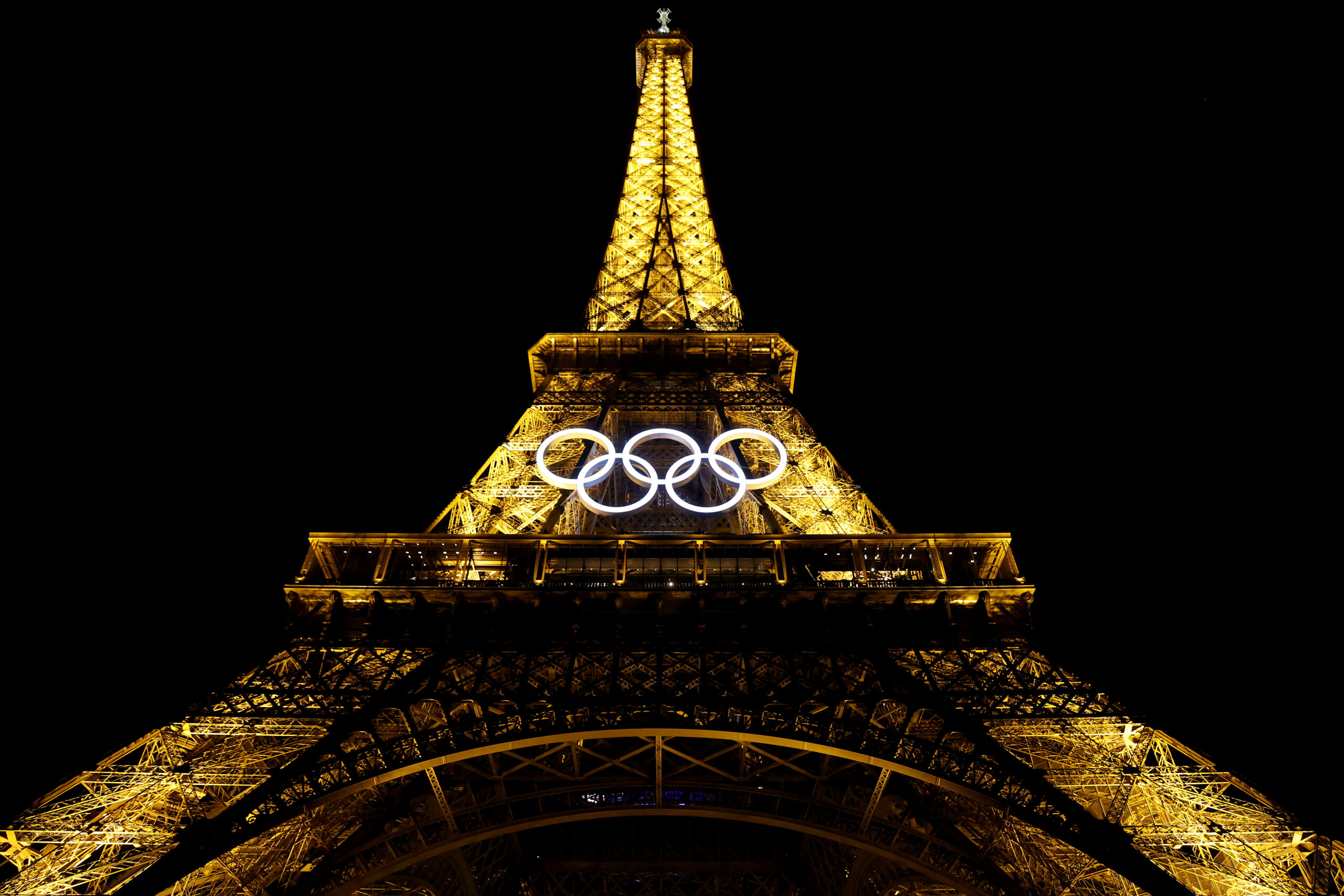
This article was originally published on Daily Citizen - Culture. You can read the original article HERE

As athletes gather in Paris tonight under rainy skies to officially open the Summer Olympics, the global spectacle promises to draw unparalleled attention and scrutiny.
Most of us take the Olympics and all its grand pageantry for granted, a sporting staple every two years that elicits patriotism and incites wonder and marvel. But what we’ve come to expect hasn’t always been the case – and certainly not for most of recorded history.
You probably know the games began in ancient Greece. 776 A.D., to be exact. The Greeks were said to take their fun seriously, even becoming the world’s first sports fans. But the first iteration was nothing like the modern manifestation, though the athletes still ran and wrestled, jumped, boxed and threw shot puts and javelins.
There’s been some controversy of late over Olympian’s immodest attire, but you might be interested to know back at the beginning, the athletes wore no clothes at all. Naked. Zip. Zero. Nada.
The games were the highlight of the year for both participants (men only) and those watching. In some case, the athlete’s commitment was so great that some died in competition rather than surrender and admit defeat.
There was a strong spiritual side to the ancient games, especially with many making blood tributes and sacrifices to various “gods.”
“For the ancient Greeks, the Olympics were about the elevation of the human to the level of the Divine — a form of deification,” says Vrasidas Karalis, professor of modern Greek at the University of Sydney. In an interview with ABC in Australia, Karalis stressed there was a direct correlation between athletic and religious discipline.
That is until Christian Roman Emperor Theodosius I arrived on scene.
Also known as “Theodosius the Great,” he was baptized a Christian amid his reign. The popular narrative is that, inspired and convicted by his faith in Christ, Theodosius banned the Olympics in 393 A.D. Seeing the contests as a pagan cult activity and a reflection of idolatrous body worship, he officially broke up the long-held tradition.
Historians are in agreement that Theodosius was convicted and inspired by his Christian faith. In fact, at the same time he was said to have banned the games, he issued a series of laws banning pagan sacrifice. One of the edicts read:
No person at all … shall sacrifice an innocent victim to senseless images in any place at all or in any city. He shall not, by more secret wickedness, venerate his lar with fire, his genius with wine, his penates with fragrant odours; he shall not burn lights to them, place incense before them, or suspend wreaths for them.
While no evidence exists that he ruled the games illegal, it’s likely that Theodosius’ actions chilled the more egregious and even popular aspects of them. Documents suggest athletic competitions in Greece continued for the next century before fading away for nearly 1500 years.
Christian Revival
Enter French aristocrat Baron Pierre de Coubertin, a gentleman said to be inspired by the “Muscular Christianity” movement.
“Muscular Christianity,” which took hold in the middle to late 1800s, emphasized the masculine expression of faith. This especially manifested in sports, fitness and morality. At the time, most Church attendees were women. This new and exciting turn helped draw men back into the pews. In the United States, Theodore Roosevelt was a strong and vocal proponent.
As the story goes, Coubertin, a faithful Catholic, was paying his respects at the gravesite of a friend named Thomas Arnold. Arnold was the principal of Rugby School, a well-known institution.
Coubertin remembered Arnold’s conviction and embrace of Muscular Christianity. He posited that if it would work to evangelize students in a single school, why not apply it to sporting games between nations.
Baron Coubertin then came up with the term “Olympism,” helping to reintroduce the worldwide competition in Athens in 1896. He became the president of the International Olympic Committee and the new games’ primary ambassador. In 1935, looking back on the evolution of it all, he reflected:
The first essential characteristics of ancient and of modern Olympism is that of being a religion. By chiselling his body with exercise as a sculptor chisels a statue, the athlete of antiquity was ‘honouring the gods’. In doing likewise the modern athlete exalts his country, his race, his flag.
Yet, as a believer and Christian who especially appreciated the apostle Paul, Coubertin knew there was more to the competition than winning and losing.
The most important thing in the Olympic Games is not to win but to take part, just as the most important thing in life is not the triumph but the struggle. The essential thing is not to have conquered but to have fought well.
He added:
The heart of our problem is the selfishness in our heart. The human spirit soars with hope when lifted by an encouraging word. The important thing in life is not the triumph but the struggle.
Amen.
Image from Getty.
This article was originally published by Daily Citizen - Culture. We only curate news from sources that align with the core values of our intended conservative audience. If you like the news you read here we encourage you to utilize the original sources for even more great news and opinions you can trust!










Comments